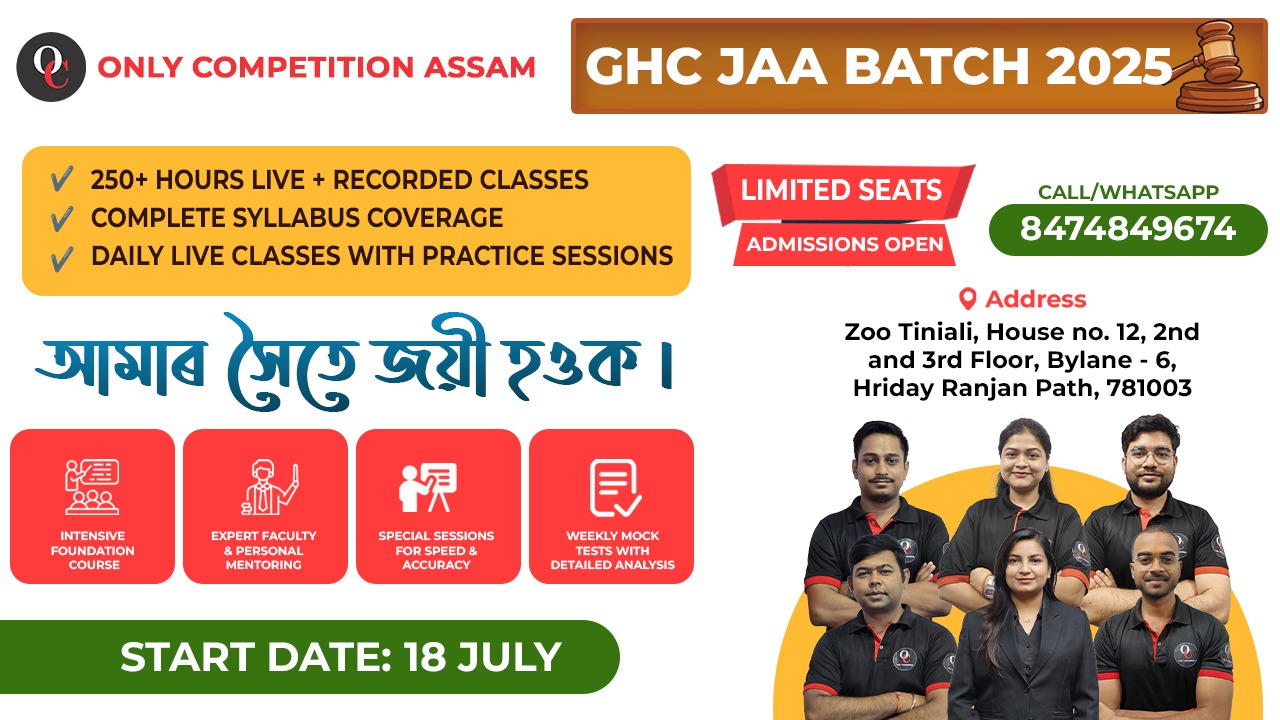Embarking on the UPSC Civil Services journey can seem overwhelming. But by breaking the process into clear, organized steps, anyone can build confidence and momentum. This guide walks you through each phase—from initial planning to final success—in a structured and sustainable way.
1. Understanding the UPSC Exam Structure
The UPSC CSE consists of three stages:
- Prelims: Objective-type questions to screen candidates. Includes GS and CSAT papers.
- Mains: Written descriptive papers—GS, Optional Subject and Essay.
- Interview (Personality Test): Assessment of your personality, thinking, values and clarity of expression.
Start by reading the official UPSC notification and syllabus thoroughly; align your preparation accordingly.
2. Laying a Strong Foundation
Strong basics make advanced learning easier. Follow this sequence:
- NCERT Books: Cover Class 6–12 NCERTs—especially History, Geography, Polity, Economy, and Science.
- Standard Reference Books: Use books like Laxmikanth (Polity), Spectrum (Modern India), Ramesh Singh (Economy).
- Make Notes: Create concise notes with key points—tables, flowcharts, diagrams improve retention.
- Regular Revisions: Dedicate one day per week solely to revise earlier topics.
3. Integrating Current Affairs
Current affairs are integral across all papers. Develop a systematic routine:
- Daily Reading: Read national newspapers like The Hindu or Indian Express.
- Monthly Magazines: Use resources like Yojana, Kurukshetra, PRS Review, or PIB summaries.
- Make Thematic Notes: Classify into issues—Economy, Governance, Environment, International Relations.
- Connect with Static Syllabus: Always link news topics to your GS syllabus to reinforce multiple areas.
4. Mastering Answer Writing
Mains exam demands clarity, structure, and analytical depth. Key strategies:
- IBC Format: Intro (definition/context), Body (arguments, data, examples), Conclusion (balanced wrap-up).
- Practice Daily: Write at least one 150‑250 word answer daily on current topics.
- Use Diagrams & Flowcharts: Where applicable, include visuals—makes answers more engaging.
- Model Answers: Refer to toppers’ answers or coaching modules to improve quality and style.
- Review & Revise: Evaluate your answers, learn from mistakes, and rewrite improved versions monthly.
5. Effective Test Strategy
Test series build exam temperament and help identify weaknesses.
- Prelims Test Series: Start after you finish 2–3 subjects; focus on accuracy and timing.
- Mains Test Series: Practice full-length papers under exam conditions and evaluate strictly.
- Analyze Thoroughly: Maintain an Error Log—note wrong answers, reasons, and correct them.
6. Choosing Optional Subject
Your Optional Paper contributes 500 marks. Choose based on:
- Interest: Genuine curiosity helps with consistency.
- Overlap with GS: Subjects like Geography, Sociology, Public Administration are favorable.
- Availability of Resources & Faculty: Ensure quality guidance and standard textbooks are accessible.
7. Interview Preparation
After clearing Mains, focus on Personality Test:
- Mock Interviews: Practice with experienced experts. Simulate full-length interview.
- Stay Updated: Deep dive into your Detailed Application Form (DAF) points.
- Communication Skills: Work on fluency, tone, posture, and confidence.
8. Maintaining Well-Being
UPSC preparation is a long haul—mental fitness matters:
- Daily Routine: Include sleep, light exercise, and short breaks to avoid burnout.
- Peer Support: Study groups and discussion forums enhance understanding and morale.
- Stress Relief: Practice mindfulness, meditation, or hobbies to stay balanced.
Conclusion
UPSC success is a blend of smart planning, consistent effort, and self-belief. Use this guide as your roadmap—adapt it to suit your pace and style. Stay disciplined, stay motivated, and your dream will turn into reality.

